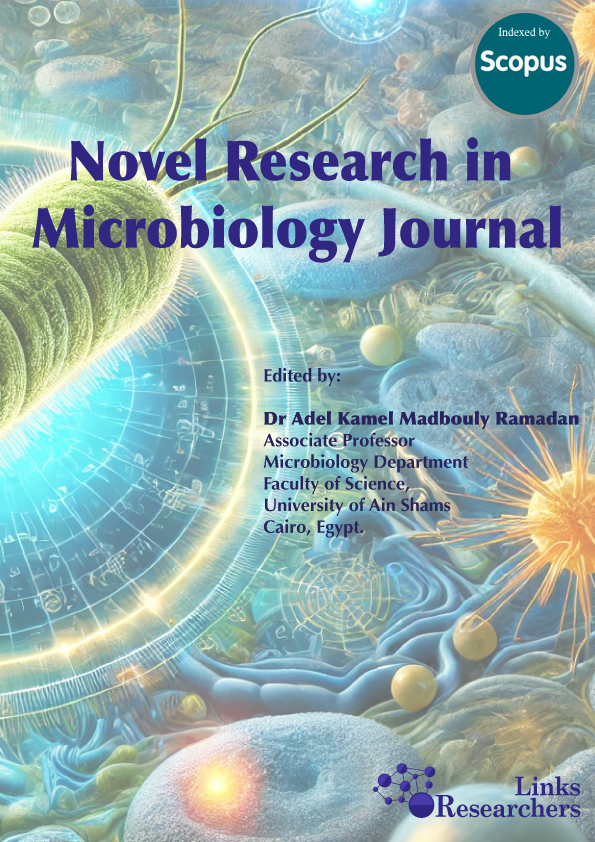Chronic infections; emerging as complications of some primary diseases, can hardly be
considered as classical infectious processes. Such infections may be caused by the nontraditional
pathogenic bacteria; as in the cases of cystic fibrosis; chronic obstructive
pulmonary disease (COPD), inflammatory bowel diseases, etc. Emergence of these
complications is caused by several disorders in the ecosystem; constituting the human body
and its microbiota. It is reasonable to extrapolate some ecological principles of the bacterial
community's assembly in the humans; as there is a wide variety of factors affecting this, which
can be considered as ecological ones. The human microbiota is formed during changes of the
different bacterial succession types; under the influence of stochastic and deterministic
ecological processes, in addition to different types of the selection pressure. During certain
diseases, such as COPD, the normal course of the bacterial community's formation is
disrupted. It is associated with anatomical and physiological defects, which cause changes in
the properties of the ecological niche; occupied by the communities (i.e., airways in the case
of COPD). Altered niches can be occupied by the virulent microorganisms, which get resource
advantage and form new stable community. The severity of such chronic infections is
correlated with biological diversity in the communities, which tends to decrease in the more
severe cases and in the exacerbations. The aim of this study was to create an ecological model
of the chronic infections; through synthesizing the ecological and medical knowledge. This
model, such as the COPD; may establish new approach to the chronic infections
etiopathogenesis, which enables to get better understanding of the clinical course in these
diseases and to propose more effective therapies in the future.





